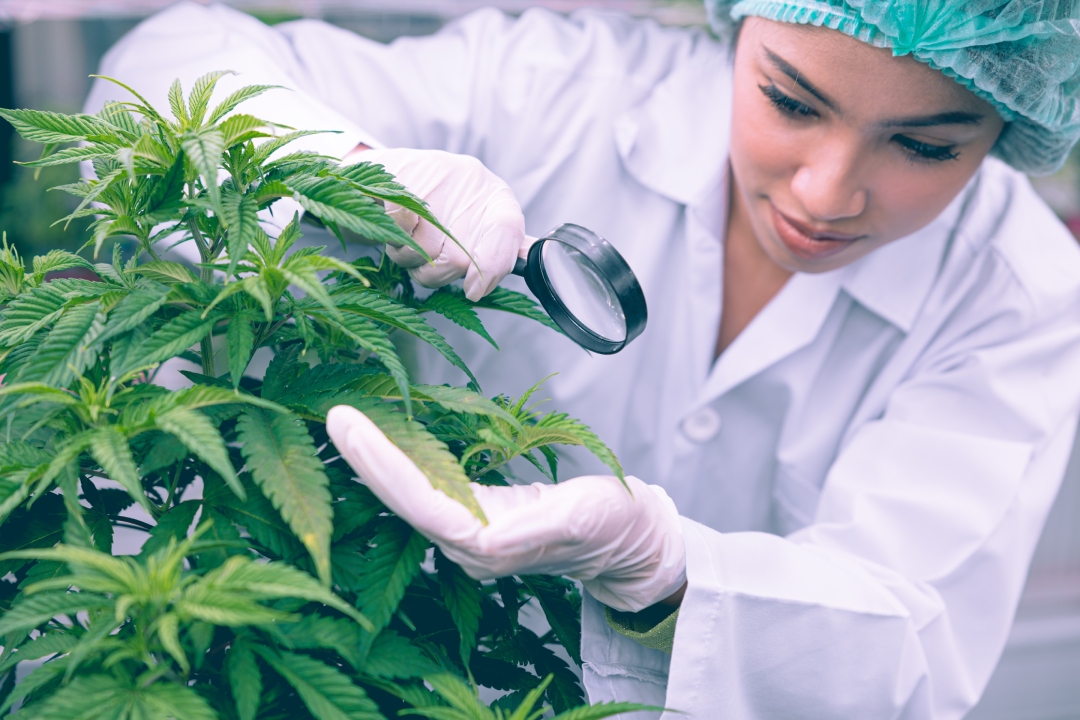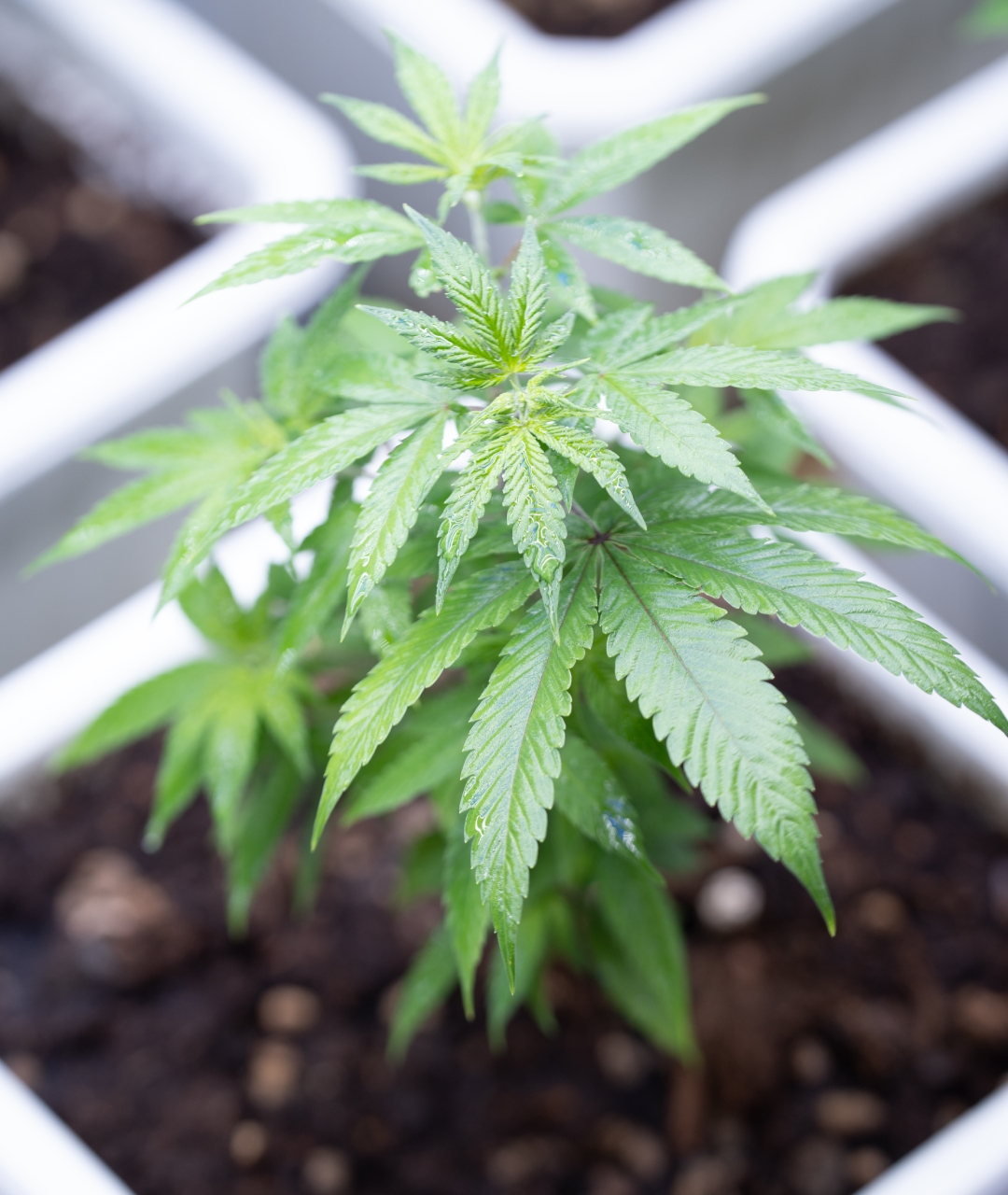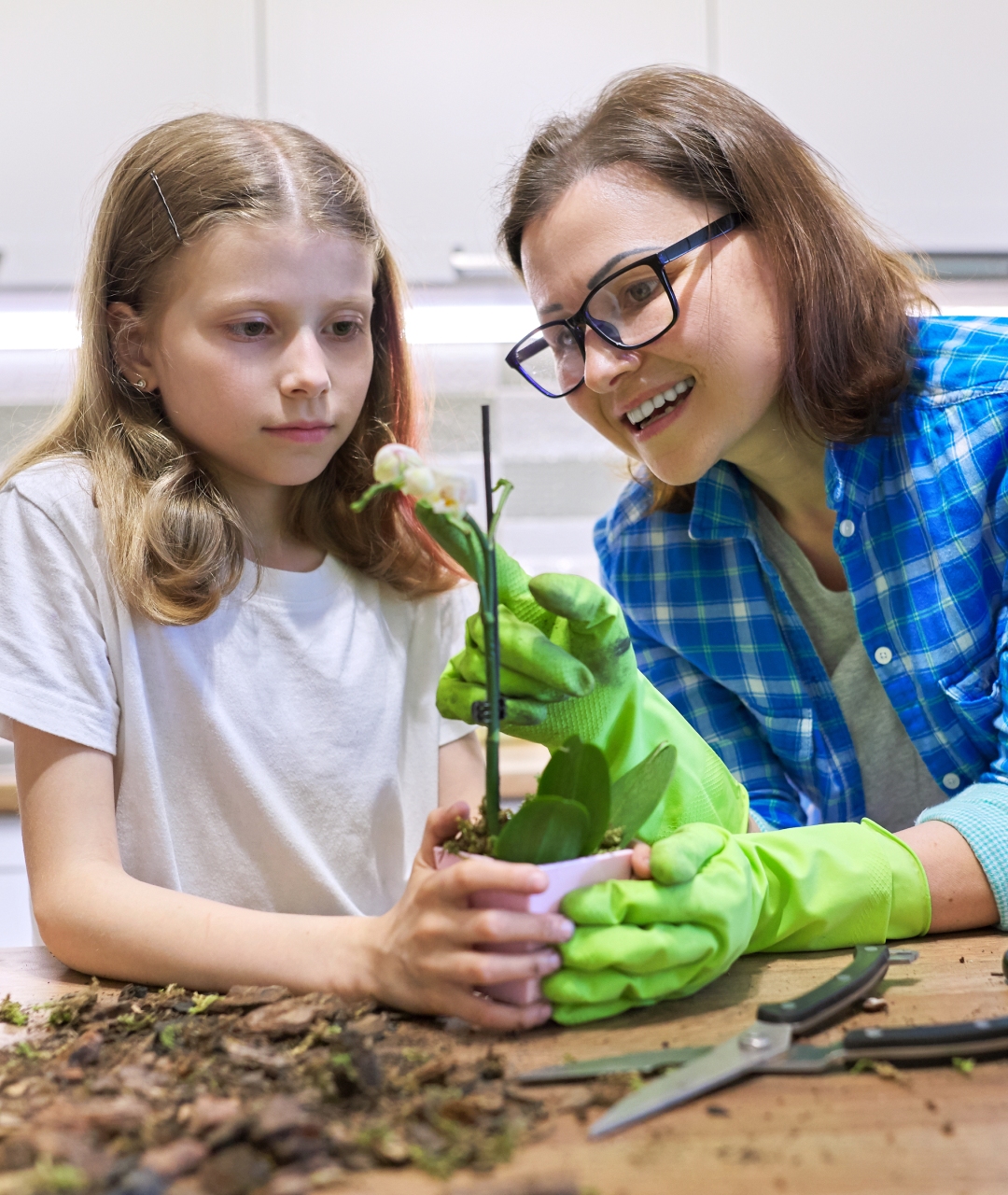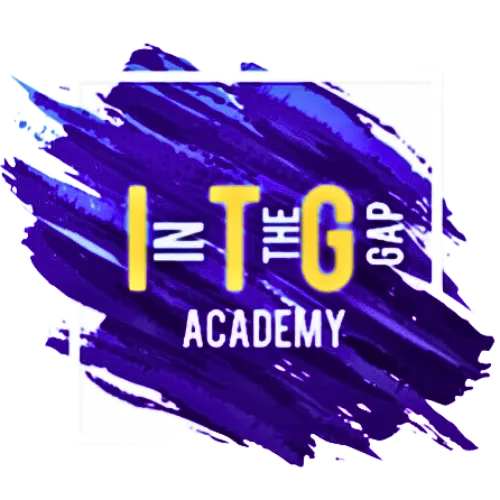Marijuana Education

Clarity Over Shame. Connection Over Control
We don’t fearmonger.
We don’t preach abstinence without context.
We offer teens and families a chance to pause, unpack, and pivot — before risk becomes crisis.
Who This Program Is For
Youth (ages 14+) experimenting with or regularly using marijuana
Adolescents referred by courts, schools, or probation officers after a cannabis-related incident
First-time offenders facing MVA suspension, behavioral probation, or diversion
Students with academic or behavioral decline tied to substance use
Families noticing attitude shifts, secrecy, or growing disconnection
Teens who downplay use but show signs of emotional or functional decline

Why Marijuana Matters in Early Intervention
It’s easy to overlook.
It’s just weed.
It’s legal now.
Everybody’s doing it.
Especially for youth:
- Marijuana disrupts motivation, memory, and mood
- Regular use increases the risk of depression, anxiety, and long-term dependency
- It can become a gateway to criminalization — especially for Black and Brown teens
- It undermines self-worth and real-world readiness
What Makes ITG’s Marijuana Program Different
Real Talk That Respects Intelligence
We don’t lecture. We lead conversations. Teens engage with trained facilitators who speak their language, respect their autonomy, and know the real pressures they’re facing.
Science Meets Social Reality
We explain how marijuana affects the developing brain, especially in adolescence — and how mental health, trauma, and environment shape substance choices.
Rooted in Culture & Context
We recognize that marijuana is often embedded in music, community norms, and identity. Our curriculum is culturally responsive and trauma-informed — not detached or moralizing.
Family Integration
When possible, we include parents and caregivers in the education process, offering tools to de-escalate conflict and rebuild communication.
Behavioral & Emotional Reboot
We help youth recognize what’s behind the use — loneliness, anxiety, stress, pressure — and offer alternative coping strategies that help them take control, not numb out.

Program Highlights
- 6–12 week program based on need, referral, or risk level
- Group sessions that are small, interactive, and peer-aware
- Individual support when deeper reflection is needed
- Court and school-compliant documentation and completion certificates
- Optional family sessions and case management
- Hybrid access options for youth with transportation or scheduling barriers
Curriculum topics include:
- The science of adolescent brain development
- Myths vs. realities of marijuana and THC
- Peer pressure, social media, and self-image
- Mental health, trauma, and self-medicating
- Accountability without shame
- Vision casting: what kind of life are you building?
Why Providers and Families Refer to ITG
Trusted by juvenile court systems, diversion programs, and schools
Deep experience with justice-involved, BIPOC, and system-impacted youth
Culturally grounded, trauma-informed facilitators
Fast enrollment and collaborative documentation
Programs that engage youth others have written off

